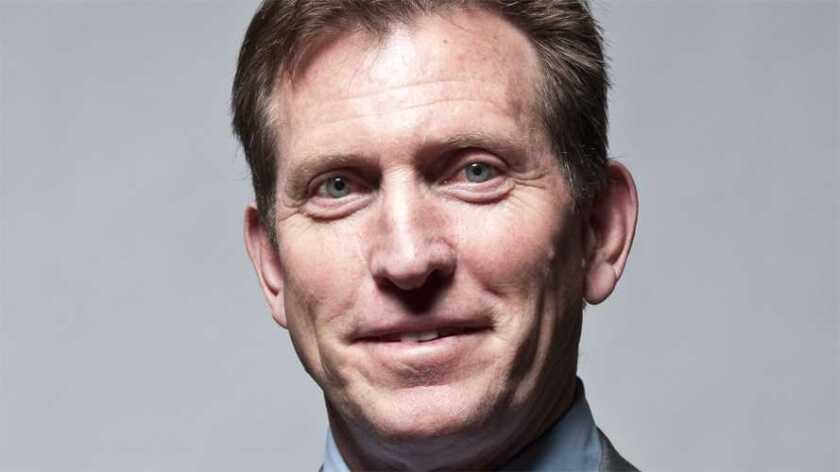The company has raised £825 million of equity, adding two new investors, Mubadala Investment Co and Interogo Holding, and extended its bank facilities by £300 million, with new banks joining syndicate – a total of £1.125 billion.
CEO Greg Mesch (pictured) said: “This new capital will not only underpin our rollout to up to 8 million homes across 285 cities, towns and villages, but will also enable our participation in the Government’s ‘Project Gigabit’ programme to extend our future-proof infrastructure to rural areas and ensure no one is left behind.”
Back in May, he said that the company was in discussions with 20 pension and infrastructure funds from across the UK, North America, Europe and Australia about extra funding for the business.
CityFibre is the third largest fibre infrastructure provider in the UK, behind Openreach and Virgin Media O2. Its current customers include TalkTalk, Three UK and Vodafone.
CityFibre said that the latest fund-raising is the largest capital raise ever dedicated to full fibre deployment in the UK, and it said it will support and accelerate the company’s rollout to a third of the UK market by 2025.
The capital includes new equity investments from Abu Dhabi’s Mubadala Investment Company, one of the world’s leading sovereign investors, and Interogo Holding, which is linked to one of the main shareholders in IKEA.
They will join CityFibre’s existing investors Antin Infrastructure Partners and the infrastructure business within Goldman Sachs as minority shareholders.
CityFibre has also secured a £300 million extension of its existing £820 million banking facilities, with Crédit Agricole CIB, and National Australia Bank joining the syndicate alongside other major global financial institutions that are demonstrating their continued support, including ABN Amro, Banca IMI, BNP Paribas, Lloyds, NatWest, and Société Générale.
Mesch said: “This capital raise is proof of the benefits of a truly competitive infrastructure market, as envisaged by both Government and [UK regulator] Ofcom.”
He added: “If nurtured and protected, infrastructure competition at scale will continue to unleash huge investment from the private sector as well as catalyse investment from incumbent operators. Ultimately though, it is residents, businesses and the UK economy that stand to benefit, with competition driving what has become the fastest rollout of full fibre in Europe.”






